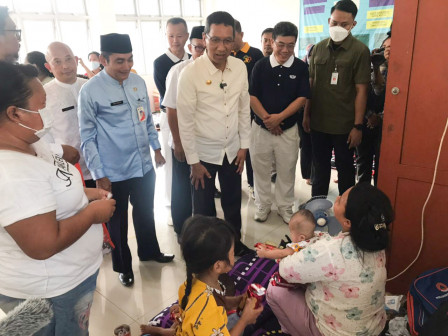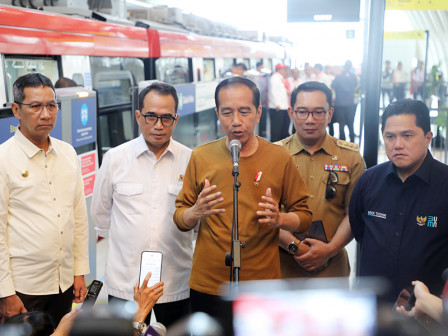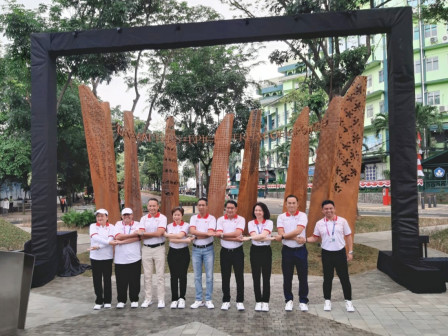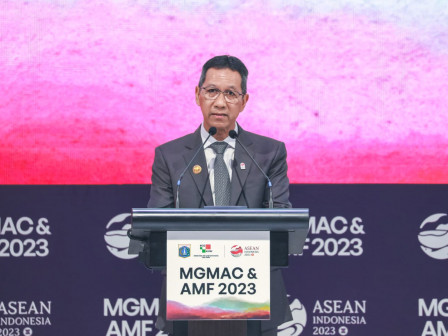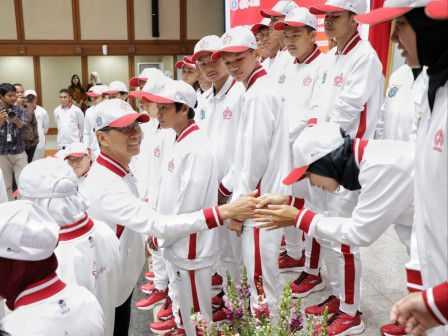PPAPP Agency Provides Psychosocial Services for Kapuk Muara Fire Survivors
Reported by Aldi Geri Lumban Tobing | Translated by Nugroho Adibrata
The Jakarta Empowerment, Child Protection and Population Control Agency (PPAPP), deployed a team to provide psychosocial services to mothers and children as well as elderly survivors of fire in Kapuk Muara, Penjaringan, North Jakarta.
Every day, we provide services
As many as five to seven personnel consisting of parenting officers, case assistance, clinical psychologists, and counselors are deployed to serve refugees who are in the SKKT Kapuk Muara building every day.
Jakarta PPAPP Agency Head, Darwoto said psychosocial services were provided to prevent a deeper psychological impact on survivors, especially mothers, children, and elderly.
Acting Governor Observes Refugee Site in Kapuk MuaraMothers and children of survivors were provided with assistance, education, and comfort so they would not experience pressure and reduce their emotional burden.
He went on to say that psychosocial services also aim to help children overcome fear, anxiety, and trauma from the fire, so they can return to their activities better.
"We deploy four teams in one week and will go down three times. Every day, we provide services to accompany them by providing moral support, how to behave for themselves and care for their children while in evacuation. Providing educational games, storytelling, telling stories, and playing," he expressed, Friday (8/4).
He added the PPAPP Agency also mobilized family planning counselors, Dasawisma cadres, and RPTRA caretakers to accommodate consultations with refugees. They accompany the refugees to be invited to hold telecounseling through the website of the Family Service Center
"So, services are still being carried out even remotely," he continued.
Besides psychosocial, his party is working with the health center, continuing to provide family planning services. It is because many refugees are still fertile couples (PUS) in refugee camps.
"I formed a family planning service team in collaboration with the Health Agency to look after the reproductive health of the refugees," he added.
Besides non-physical assistance, the agency also distributed specific assistance to women and children, such as soap; diapers (diapers); sanitary napkins; powdered milk for toddlers, pregnant women and the elderly; baby biscuits.

